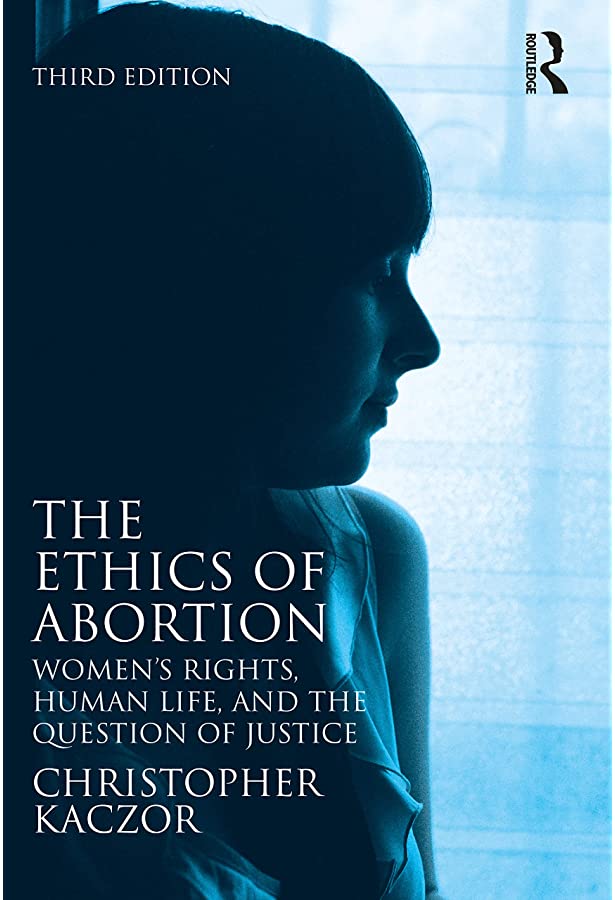Directed by Brad Furman. With Matthew McConaughey, Marisa Tomei, Ryan Phillippe, William H. Macy.
The Lincoln Lawyer is an intriguing thriller about a cocky young defense attorney (Mick Haller played perfectly by Matthew McConaughey) who prides himself on racking up acquittals for seemingly indefensible clients. Admittedly there are formulaic elements throughout the film. For example, Haller is separated from a prosecutor yet they remained linked by shared custody of a young daughter which creates a well-worn tension and plot devices. But the movie works because it doesn’t overplay its hand. It tells an engrossing story that is well-paced and one that has a true-to-life feel to it. It’s dramatic for sure but in all the right ways.
All the principal and secondary actors and actresses are pitch-perfect. I’ve read a lot of criticisms of McConaughey but I’ve always liked his movies. He’s passionate and has a commanding screen presence. He really shows his talent in this film and it is, I think, one of his best. William H. Macy, a favorite of mine, does a fine job in his secondary role as does Tomei who still has all the charm so appealing in My Cousin Vinnie with a maturity that betrays her almost 30 years as an actress. Bryan Cranston as the ornery detective, Michael Pena as the misunderstood inmate, John Leguizamo as the bail bondsman and even Shea Whigham as the “snitch” all do a stellar job in their supporting roles. Watching these actors and actresses do their thing is worth the price of admission.
The primary philosophical interest comes just at the story arc as Haller is struggling with his role as a defense attorney. In crisis, all the years of suppressing what he knows to be true comes to the surface and he has to deal with the work he does for what it really is. Despondent, he says to his ex who has once again (we imagine) put him to bed because he was too drunk to it himself, “Maggie, you know what I used to be afraid of Maggie? That I wouldn’t recognize innocence. That it would be right there in front of me and I just wouldn’t see it. I’m not talking about guilty or not guilty; just, just innocence. Know what I’m afraid of now? Evil. Pure Evil.” It lands as too much melodrama but just barely. Even so, the line helps the story move into it’s final act and defines the tension the main character has to deal with.
Interestingly, in an age when moral ambiguity in film is the norm (even our heroes are not really all that heroic), the movie does attempt to draw sharp lines between heroes and villains. It also attempts to show how the law (or the practice thereof) isn’t always the best device to make that distinction.








